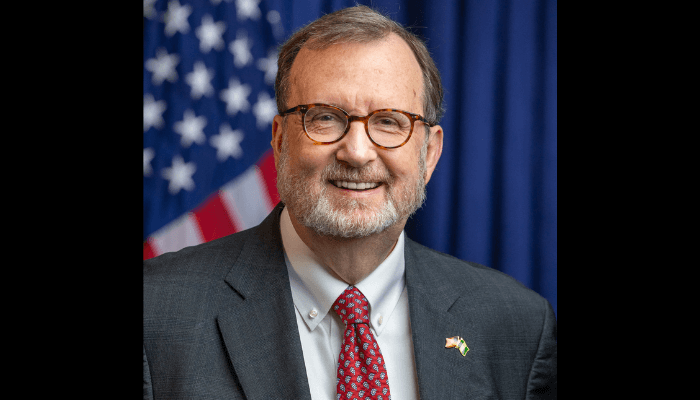…Wants FG to help Nigerians companies tap into $10trn AfCFTA market
The Federal Government has been advised to use the benefits of rising crude oil/gas export to negotiate for bigger markets so as to offset the impact of the 15% tariff slammed on Sub-Sahara Africa by the US.
The FG has also been urged to help Nigerian companies to tap into what is believed to be a $10 trillion African Continental Free Trade Area (AfCFTA) market size, and to boost manufacture of basic tools and machines to save cost in local manufacturing.
These were highlights of the quarterly economic review by the Port Harcourt Chamber of Commerce, Industry, Mines, and Agriculture (PHCCIMA) think-tank just released in the Garden City.
The Report, which was released by Chinyere Nwoga, first female President of PHCCIMA for the think-tank, said given that oil and allied products remain the predominant export product from Nigeria, the PHCCIMA expects that the trickle-down effects on the value chain will motivate a drive towards increased crude oil production from the average daily output of about 1.4 million barrels a day to at least 1.8million/day.
Read also: PHCCIMA leads search for the one solution for Nigeria’s economic breakthrough
“Attaining this shall hasten imminent negotiations in the fortification of Nigeria’s upstream security operations.
“Despite the vagaries, crude oil has remained the cornerstone of Nigeria’s exports in Q2 and accounting for 53% of all total export earnings.”
The report observed a decline in the contribution of oil exports from the same period in 2024, saying it is because of the coming into operation of the Dangote Refinery.
The report pointed to another key but emerging indicator, being the contribution of non-oil exports, especially manufactured goods, agriculture, solid minerals, and processed foods in Q2, which it said accounted for 13.39% of total exports.
“Several reasons can be adduced as follows for this trend, as follows: The weaker naira has made Nigerian products cheaper and very competitive overseas, thereby boosting the demand of these products by foreigners.
“The introduction of various incentives by European/UK economies to attract exports of agricultural produces from Africa to their economies in the face of the US tariffs, the escalating wars between Ukraine and Russia, and the growing tensions in the Israeli/Palestine conflicts. Nigeria had witnessed a sharp rise in the exports of raw shea nuts, kola nuts, banana, and other agro-produce”, the Report noted.
The Group said the rate of agricultural exports from Africa had scaled up by 20% in 2025. “The quality of Nigerian exports has also improved, especially in low-cost products like fashion, local cosmetics, and processed foods.”
The think-tank referred to $4 billion trade surplus recorded in the past year, saying it underscores the need for the attainment of an optimal and effective foreign exchange rate equilibrium.
The Group called for phased implementation of the new tax regime to avoid the dangers of over speculation. “There are too many variables at play. Caution, absolute caution, is therefore required at this time to avoid excessive speculations and rumblings.”
PHCCIMA suggested diversification of other sources of foreign portfolio to earn more forex such as Foreign Portfolio Investment (FPI), Foreign Direct and Local Investments (FDLI), and incentives to boost diaspora remittances. They commended recent policies by the Central Bank of Nigeria.
PHCCIMA called for: “Policies towards encouraging investments in power generation and distribution shall need to be vigorously pursued.
“Security enhancement must not waver, as it is much needed in the business ecosystem. There is no better time than now for a scientific approach towards coordinating the economy. The interplay of contending policies may ignite an undesired chemical reaction, if not well balanced.”
In its preamble, PHCCIMA said its report focused on the impact of policy regimes on business, especially private enterprise.
The report said global economic outlook by the IMF showed the economic forecast would slow from 2.6% to 1.9% in 2026 due to the unwinding of effects from the tariff disputes and persistent policy uncertainty.











